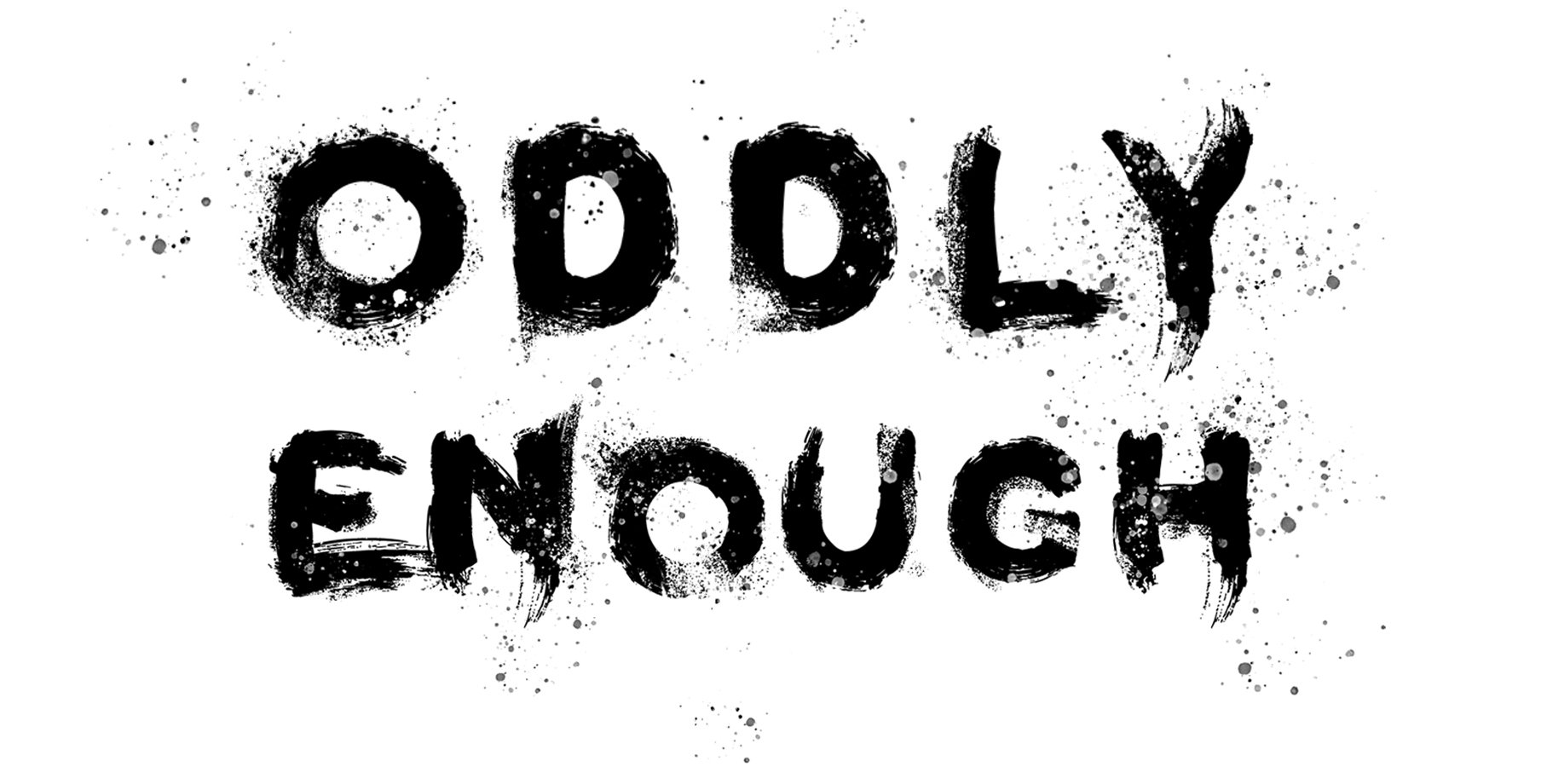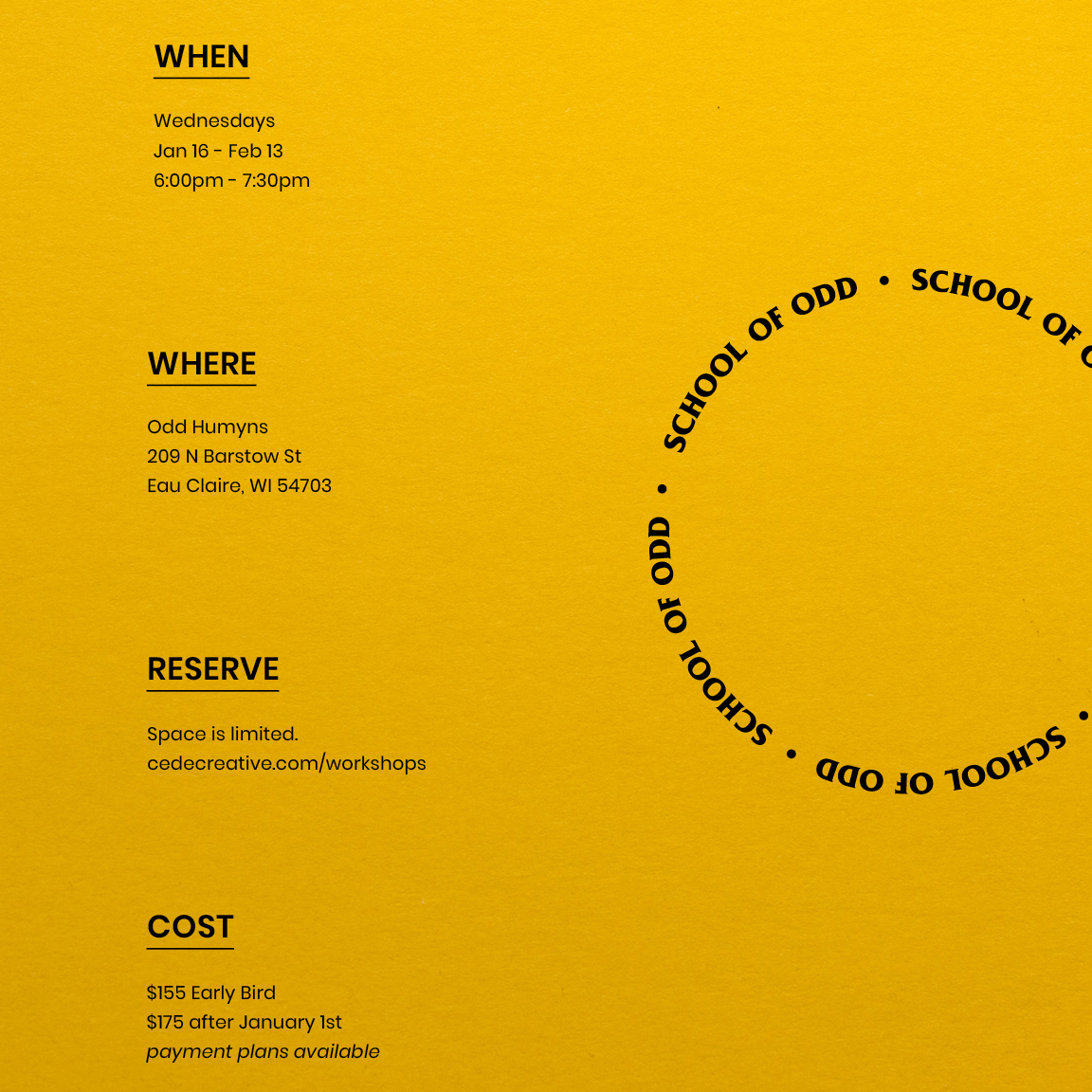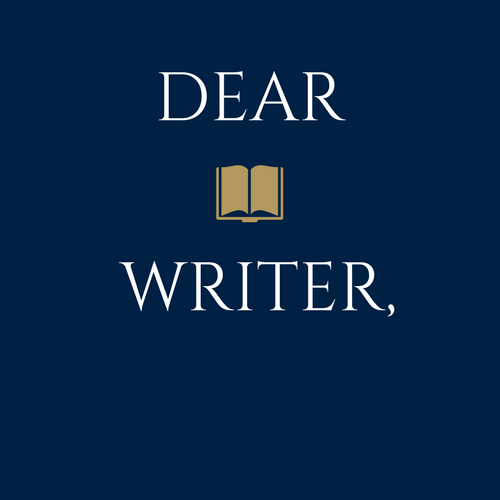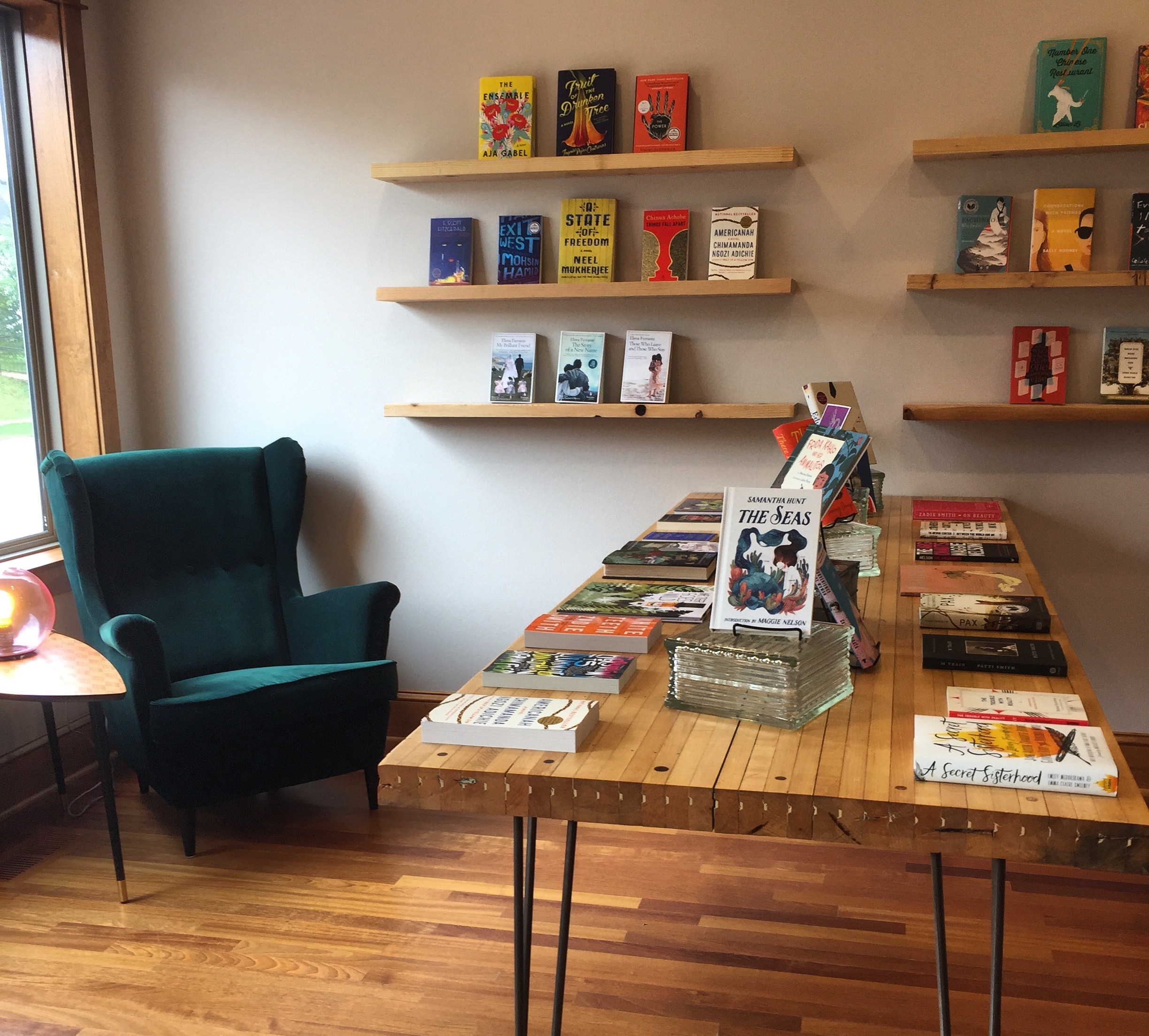by Chloe Ackerman
Dr. Wil Denson is a professor emeritus of theater arts at the University of Wisconsin-Eau Claire, and in his new book “Life Upon the Wicked Stage”: Director’s Cut he recounts the summers that he spent working with the Summer Theater in Eau Claire, Wisconsin. He describes the plays, the good times, and past traditions, as well as all of the people he worked with over the years.
Denson’s book allows those who were once a part of Summer Theater, or those who were in the audience of a Summer Theater production, to relive the time that was shared. It is also an excellent record of some of Eau Claire’s art history. In this interview, Denson talks about his process writing this book, how writing books differs from writing plays, and what it was like to relive his experience with Summer Theater while writing his book. “Life Upon the Wicked Stage”: Director’s Cut, can be found at The Local Store, or it can be bought directly from Wil Denson by mailing $15 to Wil Denson, P.O. Box 1828, Eau Claire, WI.
CHLOE ACKERMAN: What made you want to write your book “Life Upon the Wicked Stage”: Director’s Cut?
WIL DENSON: Over the years, a number of people have suggested that someone should write an account of Summer Theater here in Eau Claire. Since I was the person most closely associated with it, the writing seemed to fall, logically, to me.
Also, University Summer Theater closed in 1998, twenty years ago last summer; the time seemed right.
I wanted to ensure that the memory of our work was not lost. I worked with Summer Theater for over twenty-five summers, and it formed a large and important part of my life. For many seasons, Summer Theater WAS MY LIFE. I didn’t want it forgotten.
Finally, hundreds of UWEC students were involved and deserved to be recognized.
This book is nonfiction about the history of the UW-Eau Claire Summer Theater. Although you were with the program for much of the time that it was running, was there any research that you had to do to write this book? Did you learn anything or rediscover anything that surprised you in the process of writing this book?
I joined the company in 1966 during its second summer. And, although I knew and worked with personnel from the first summer and with people from every year thereafter, my memory was not sufficient for everything I hoped to include.
Therefore, I spent about five months reading old newspaper reviews and articles, interviewing former personnel and examining production programs and photographs.
My greatest surprise in researching came in discovering the sheer number of people who had gone on to success on the national professional stage as well as in Hollywood film and television. I hadn’t actually forgotten these past people, I’d been in contact with many of them over the years, but I didn’t realize how many there were.
In the book, you mentioned plays that you wrote, Company 10 Musical, Life Upon the Wicked Stage, Remembering the Valley, and many others for the Summer Theater to perform. What is your process for writing a play? Does this process differ from writing other types of literature, like this book for example?
It’s difficult to describe the playwriting process in a short space, plus I suspect each writer works differently. I began with an idea that I hoped was viable, a story that would sell tickets. (In choosing stories for Summer Theater, the very specific EAU CLAIRE AUDIENCE was taken into consideration. What were they most likely to be drawn to?) Then I roughed out “an action” – what happens in the piece, the plotting, the setting, characters, etc. For our situation here in Eau Claire, my next step was determining if the idea was possible: could we financially afford the scenery, costumes, etc., and could we find actors, designers, director and technicians who were able to successfully bring the work to our stage. (Some ideas are simply too hard or too expensive to produce.)
Next, I tried to put the ideas and characters on paper, actually writing the dialogue, describing the characters and scenery, presenting the action, etc.
Finally, of course came the proofreading, edits, an infinity of re-writes, etc. (A huge advantage in writing for our own theater was the possibility of doing re-writes with the piece already on stage in rehearsal; if we found that something didn’t work as anticipated, I could re-do an act or a scene on the spot and make it more suitable).
The chief differences separating playwriting from other writing forms are its reliance on dialogue, its dependence on visuals and its immediacy. A playwright has to continually show the story to the audience; they cannot tell the plot the way a fiction writer does, the action must be seen. The playwright must ‘place the characters in action, doing something.’ A character is revealed best by what they do.
Too, the ‘live audience factor’ features in prominently. In a film or novel nothing can be altered; what is written on the page or seen on the screen is set in stone and cannot be changed. But in a play, audience reaction is possible and hugely important; a production changes from night-to-night. A playwright is able to take advantage of this.
Since this book covers a lot of your life and you experienced and saw a lot of what was in this book, what was it like to write “Life Upon the Wicked Stage”: Director’s Cut?
What struck me most in doing the book was how much the writing took me back in time. Every day when I sat down for my three or four-hour sessions of work, I was transported back in time, back to summer mornings thirty-five or forty years ago. I vividly remembered people and places and shows I hadn’t thought about for seemingly a lifetime. Writing the book became an exotic time-travel-like experience for me. (When former actors and technicians heard I was working on the book, many of them contacted me, and we rekindled old friendships and shared old memories, thereby furthering my feelings of time travel).
What do you hope that readers will take from this book?
I hope the book brings back memories of our thirty-four years of productions, of opening nights and strikes and rehearsals. I want readers to recall the hundreds and hundreds of people involved in Summer Theater and the thousands of performances we gave. I hope it brings back a smile and a memory.
Is there anything else that you would like to add?
Given the changes in economics and audience tastes, it seems unlikely Summer Theater as we knew it can ever return to Eau Claire. Everything has become too expensive, too difficult, too complex. Audience tastes have changed; people have moved on with their careers; the competition has become too intimidating. TV offerings, film, sports, local music festivals, etc. all are greatly expanded and have become too difficult to compete with.
But Summer Theater accomplished what we set out to do. Over fifty of our people now work professionally on Broadway, in Los Angeles, Chicago, and Minneapolis. Hundreds of our student actors, designers, directors, and technicians were able to learn more about their craft. Thousands of Chippewa Valley residents came to enjoy and appreciate the art of theater more due to our work. The number of then-young children who saw our work and decided to launch their own careers in theater has been tremendously gratifying.
Looking back, our thirty-four summers became golden to me and, I hope, to the community – but can never return.
(If you read the letters in the back of the book, you will gain a better appreciation of audience reactions.)
The theaters of the Chippewa Valley were all influenced by our work. For example, the Chippewa Valley Theatre Guild, the Eau Claire Children’s Theatre, Fanny Hill Dinner Theatre, etc. were all conceived and initiated by former UWEC-Summer Theater performers, directors and technicians. Summer Theater at the University was in large part the start of theater in the Valley. I’m very proud of that.
Finally, during the several readings/book signings I’ve done throughout the area, it’s been extremely gratifying to meet former performers and technicians and to hear about their families, lives, and successes.




































